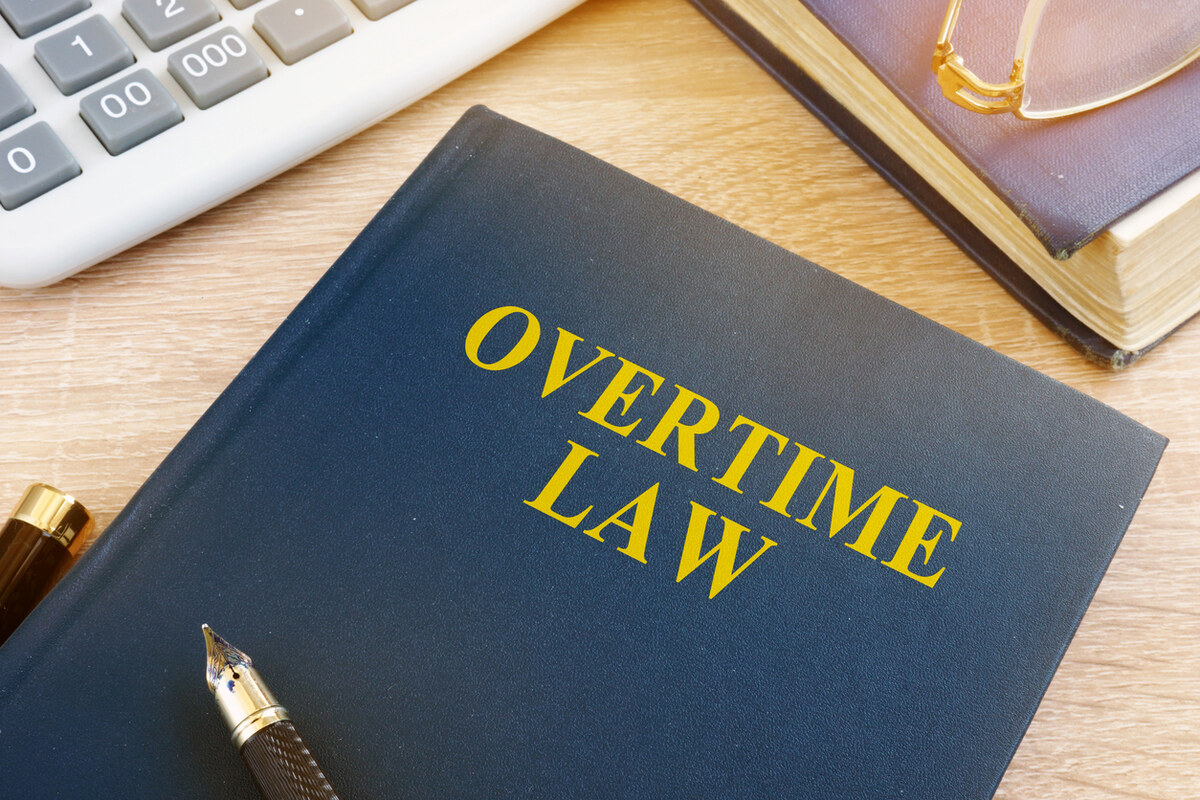When Is a Supervisor Exempt under California Labor Law?

Navigating your way through the FLSA (Wages and Fair Labor Standards Act) guidelines to determine whether you are exempt is not a clear path. For instance, Claudia’s “primary duty” as a supervisor must consist of work that meets the criteria for exemption, such as managing employees. But those responsibilities can also include other duties that those employees she manages are also doing. Claudia believes that the only reason her employer classified her as exempt and pays salary instead of hourly is so that he doesn’t have to pay her California overtime.
“I complained to my boss about being misclassified as exempt and working more than 50 hours a week and he gave me two options: accept my position or quit,” says Claudia, who questions whether her employer has violated the California labor code.
Claudia understands that salaried employees can legally work more than a 40-hour week. But does she have a choice - is she legally entitled to be classified as non-exempt, get paid an hourly wage and overtime compensation? Claudia has done the math and even at minimum wage, with 10 hours a week in overtime compensation (at 1.5 times her hourly rate), she would be better off financially as non-exempt.
“I want to consult a lawyer and see if I am within my rights to get non-exempt status,” she says. “I only ‘manage’ two employees, and only when the boss is away. Everything else I do takes up about 80 percent of my time, such as helping customers and taking stock. There are so many gray areas in the California labor law. I personally feel that I don’t have any clarification of the labor law code and neither does my employer; I think I can only get answers from an employment attorney.”
Supervisors can question their exempt status if most of their time is spent performing non-exempt duties, but that amount of time is tricky to determine because a supervisor arguably can direct the work of an employee while serving a customer or stocking shelves.
Federal regulations recognize the concept of multi-tasking or “concurrent duties” and that supervisors can manage employees while performing other tasks, but this management must consist of more than occasionally directing others. For instance, Claudia manages employees only when her boss is away and therefore spends most of her time performing non-exempt work. Her exempt status likely does not apply.
A recent California labor lawsuit (Heyen v. Safeway, Inc.) involved an assistant store manager who claimed she was entitled to overtime because she spent most of her time bagging groceries and stocking shelves and bookkeeping. To be exempt, California law stipulates that more than half the working time be spent performing exempt work. Safeway claimed that she concurrently managed others while engaged in other tasks and therefore met the requirement. The state appeals court, however, rejected that argument.
Although the “concurrent duties” (like multi-tasking) rule was added to federal law in 2004, it was not added to the California labor code. In the Safeway case, the court determined that the supervisor’s mundane work was not “helpful in supervising employees” and did not meet the exemption criteria, so the employee was entitled to overtime.
In California, a percentage of time must be spent performing exempt work, which may raise the burden for proving an exemption even if the concurrent duties concept is recognized in the state.











No Comments